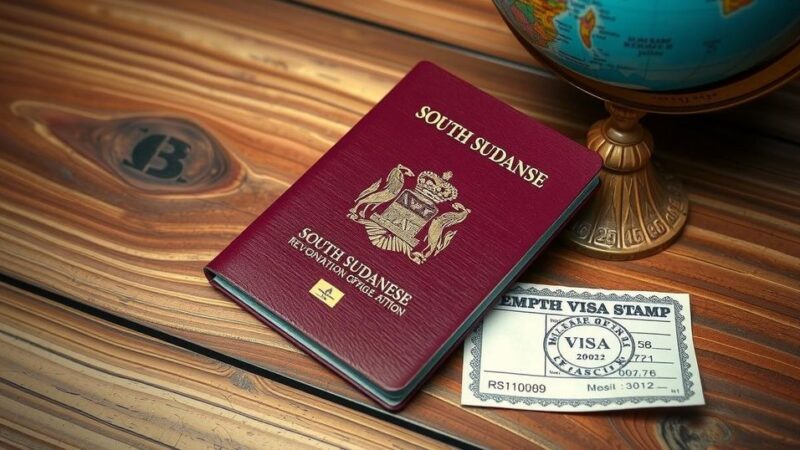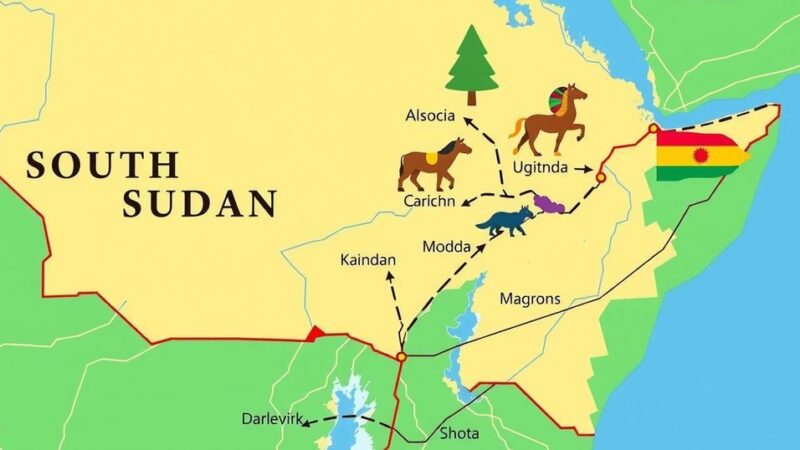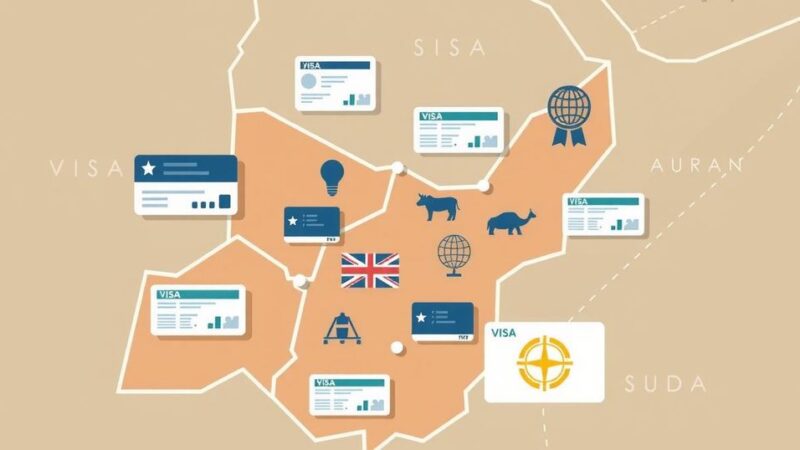Ecuador’s Petroecuador declared force majeure on March 18, 2025, due to a significant oil spill caused by a landslide. The incident contaminated the Esmeraldas River, affecting over 500,000 residents and leading to a major water crisis. The state of emergency will last for up to 60 days while recovery efforts are initiated and crude oil exports are suspended.
On March 18, 2025, Petroecuador declared force majeure on its Trans-Ecuadorian Pipeline System (SOTE) due to a devastating oil spill that commenced on March 13. The incident, caused by a landslide that ruptured the pipeline, has severely contaminated the Esmeraldas River, adversely impacting over 500,000 residents facing a critical water crisis.
The landslide was exacerbated by intense rainfall and severe weather conditions, which have led to 20 fatalities as of March 19. The declaration of state of emergency on March 16 enabled Petroecuador to suspend all exports of Oriente crude oil, thereby invoking the clause to protect itself from penalties and potential breaches of contract.
The emergency will be in effect for up to 60 days, as Petroecuador works to mitigate the ramifications on hydrocarbon activities. The company has reported significant flooding and landslides across western Ecuador, especially affecting Manabí, Guayas, Los Ríos, and Esmeraldas provinces, resulting in damage to 29,984 homes and affecting 108,227 individuals in total.
The oil spill has been reported to impact an area of 32 km along at least five rivers. Estimations reveal that around 15,000 individuals have suffered direct consequences from the spill, with Mayor Ronald Montero noting particular vulnerability along riverbanks. Furthermore, local authorities suggest approximately 200,000 barrels of oil were spilled.
This rupture represents the most significant oil spill in Ecuador’s coastal history in the past eight years, triggering environmental emergencies and disrupting drinking water services, particularly in Esmeraldas. Although Petroecuador has not yet disclosed the exact volume of oil spilled, they have deployed tankers to recover the crude and arranged for water deliveries to the affected areas starting March 19.
The National Emergency Operations Committee (COE) has mandated an environmental emergency for Esmeraldas province, where significant wildlife species, including otters and frigate birds, reside. The ministry has also enforced temporary beach closures, as crucial water bodies have been compromised. Marine biologist Eduardo Rebolledo remarked on the dire conditions in the waters, stating that they contain no life forms.
Residents in rural Esmeraldas are heavily dependent on access to clean water, which is now in alarmingly short supply as river water becomes contaminated.
In summary, the declaration of force majeure by Petroecuador following a substantial oil spill has highlighted the catastrophic effects of severe weather on infrastructure and the natural environment in Ecuador. The spill has not only disrupted the vital water supply for hundreds of thousands of individuals but has also posed grave threats to local wildlife. Continued responses and recovery efforts are crucial to alleviate the crisis and mitigate environmental damage.
Original Source: watchers.news






